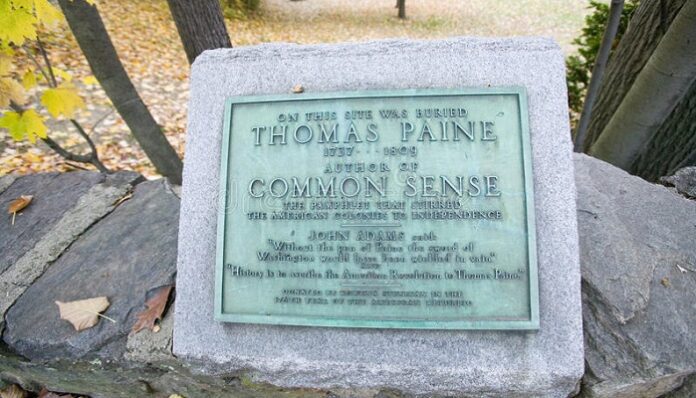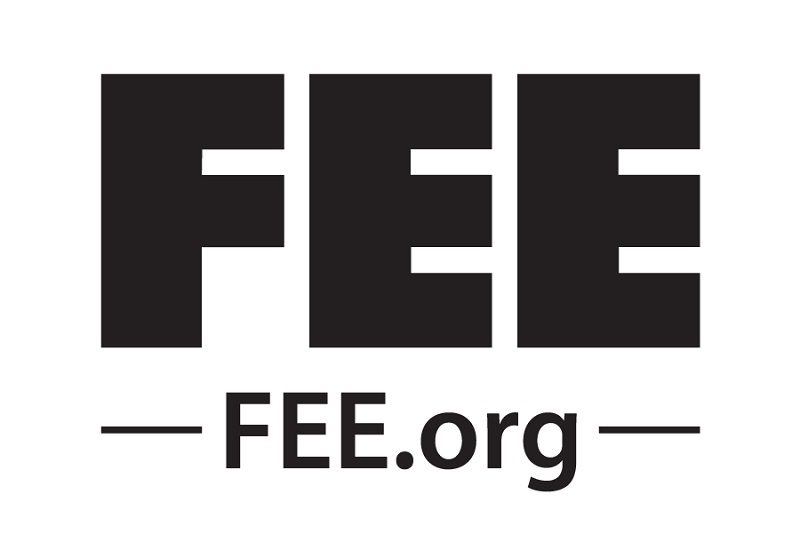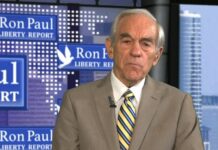January 29 is the birthday of Thomas Paine (1737-1809), the fiery rhetorician of America’s revolution whose importance was such that John Adams said: “[W]ithout the pen of Paine, the sword of Washington would have been wielded in vain.”
Common Sense, first published in January 1776, argued strongly for independence from England and was the most widely read pamphlet of the American Revolution, selling almost 500,000 copies to a population of 2.5 million. The first essay of The Crisis (with the famous opening line: “These are the times that try men’s souls”), written by Paine at the front lines with Washington’s army in 1776, was read aloud in every army camp. Its essays (from 1776-1883) were read by a larger fraction of the population than now watch the Super Bowl. And Paine did not make a penny from either, as the proceeds went to the revolutionary cause.
Paine’s words reportedly persuaded George Washington to recant allegiance to Britain and inspired Thomas Jefferson in drafting the Declaration of Independence. Later, they convinced Abraham Lincoln to work to end slavery. And they can still instruct us today.
One aspect of Paine’s writing that is particularly worth remembering in our current circumstances was his attempt to establish “principles…on which government ought to be erected,” which our government today has migrated far from.
- “Society in every state is a blessing, but Government, even in its best state, is but a necessary evil; in its worst state, an intolerable one.”
- “[G]overning has always been monopolized by the most ignorant and the most rascally individuals of mankind.”
- “Some writers have…confounded society with government…[but] Society is produced by our wants, and government by our wickedness; the former promotes our happiness positively by uniting our affections, the latter negatively by restraining our vices…The first is a patron, the last a punisher.”
- “An avidity to punish is always dangerous to liberty. It leads men to stretch, to misinterpret, and to misapply even the best of laws.”
- “[G]overnments…pervert the abundance which civilized life produces…It affords to them pretenses for power and revenue, for which there would be neither occasion nor apology, if the circle of civilization were rendered complete.”
- “[W]e still feel the greedy hand of government thrusting itself into every corner and crevice of industry, and grasping at the spoil of the multitude. Invention is continually exercised to furnish new pretenses for revenue and taxation. It watches prosperity as its prey and permits none to escape without a tribute.”
- “All power exercised over a nation…must be either delegated, or assumed…All delegated power is trust, and all assumed power is usurpation.”
- “He that would make his own liberty secure must guard even his enemy from oppression.”
- “Government…[has] no other object than the general happiness. When, instead of this, it operates to create and increase wretchedness in any of the parts of society, it is on a wrong system, and reformation is necessary.”
- “The American constitutions were to liberty what a grammar is to language: they define its parts of speech and practically construct them into syntax.”
- “The original principles upon which [America] resisted…to remember them rightly is repossessing them.”
- “What are [other things] to the inestimable blessings of ‘Liberty and Safety!'”
- “I become irritated at the attempt to govern mankind by force and fraud, as if they were all knaves and fools.”
As one commentator put it, Thomas Paine was “a bold and vigorous friend of human liberty.” His words, which greatly inspired our founding, contrast sharply with the America we have come to inhabit. Verbal obeisance to freedom is still paid, but it is often merely as boilerplate camouflage for further assaults on liberties. His birthday is a good time to remember the principles he helped found America upon, greatly expanding liberty’s beachhead in the world. After all, today also tries our souls.
Gary M. Galles
Gary M. Galles is a Professor of Economics at Pepperdine University and a member of the Foundation for Economic Education faculty network.
In addition to his new book, Pathways to Policy Failures (2020), his books include Lines of Liberty (2016), Faulty Premises, Faulty Policies (2014), and Apostle of Peace (2013).
This article was originally published on FEE.org. Read the original article.
FEE’s mission is to inspire, educate, and connect future leaders with the economic, ethical, and legal principles of a free society. These principles include: individual liberty, free-market economics, entrepreneurship, private property, high moral character, and limited government.




















